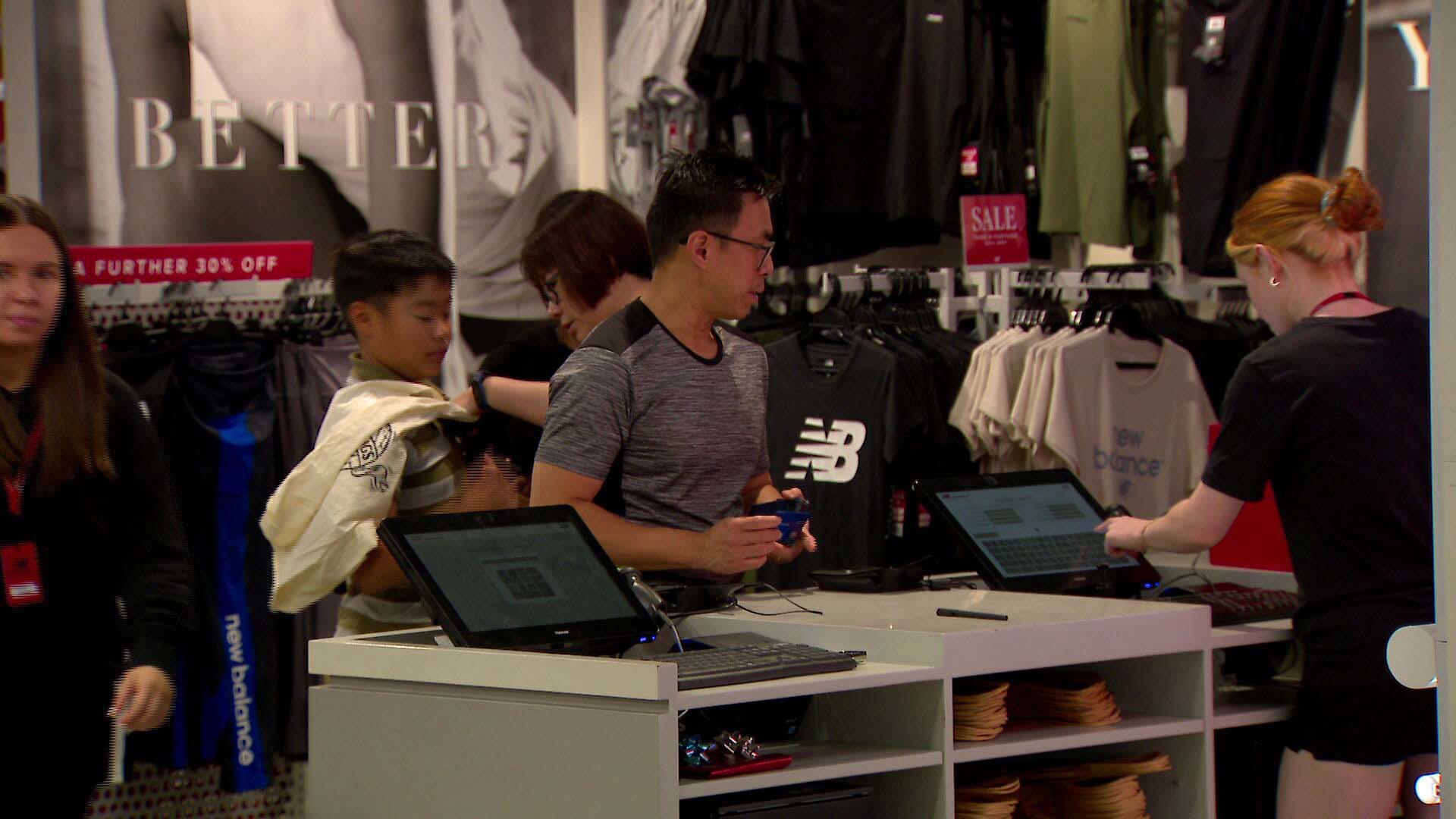
The days of getting a paper receipt may be disappearing as more retailers insist on electronic receipts.
But privacy advocates fear this may leave shoppers worse off.
Electronic receipts was sold as a way to eliminate unrecyclable paper receipts but require the shopper to hand over their email address or phone number.
University of NSW law professor and data privacy researcher Katharine Kemp said being asked for personal information is confronting.
READ MORE: Australia pledges another $10 million to Gaza, West Bank
“In that situation it’s quite confronting that you’re being asked for extra personal information when you’re just buying something over the counter,” she said.
While it might be saving trees, there is another reason it’s becoming popular.
“It’s a rich environment for growing databases and this is the asset retailers and all businesses are seeking because those databases ultimately represent future recurring income or a percentage of,” Retail Doctor Group chief executive Brian Waker said.
Slyp is a key provider of digital receipt technology to a host of major retailers, boasting that it turns transactions into a relationship.
It means your data can be used for direct marketing but it can also be shared with other retailers and even sold to data brokers.
“Creating that 360 degree picture of you that a lot of different organisations might be interested in and that is something that is quite hidden from the individual,” Kemp said.
READ MORE: Queensland dad discovers $2.5 million win after watching footy team lose
Under Australian Consumer Law, a retailer must give you a receipt on the spot if you spend $75 or more. If you spend under $75, they have seven days.
But there’s no exception – retailers have to provide a proof of transaction even if you don’t want to hand over personal details.
“Without an email address or phone number, the only way must be via a paper receipt,” Kemp said.
1receipt also allows retailers to avoid paper receipts.
“It’s basically a unique digital receipt platform. So shoppers don’t need to share their email phone number or any personal information with the retailers,” 1receipt founder and chief executive Shahryar Faraji said.
Users download the app, have a participating retailer scan a barcode and a receipt is sent to the app on your device.
“We’re trying to put the privacy back into the user hand with a receipt,” Faraji said.
The app only available at a limited number of retailers now, but Coles is set to join from next month.
links to content on ABC
9News





